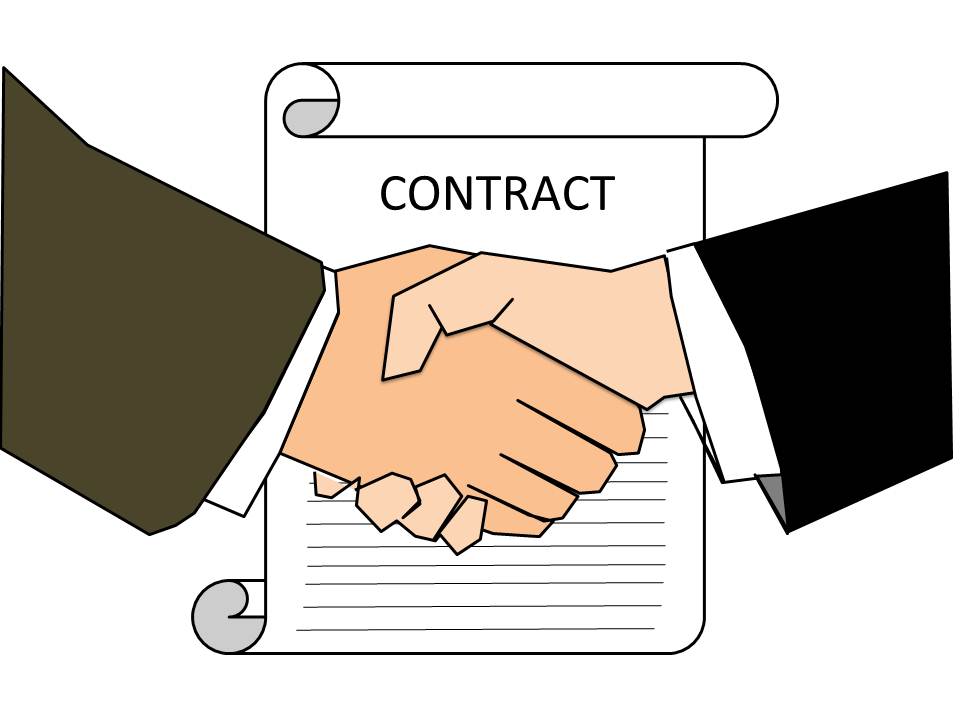Yours truly is the Author of the Week for Gypsy Shadow Publishing. For those of you who’ve been on the fence, somewhat undecided about purchasing one or more of my stories, this would be the week to buy one (or more). It’s a rare opportunity to purchase a book during the same period in which I’m Author of the Week. Very few people can say they’ve done that.
To celebrate the week, I am embarking on a world tour. Well, not physically, but virtually. For this whole week, I’m making this website available everywhere all over the world.
 For this honor, I’d like to thank Gypsy Shadow Publishing, the company that has published a good number of my stories, all in the What Man Hath Wrought series. Among the company’s huge staff, CEO Charlotte Holley and Chief Editor Denise Bartlett deserve being singled out for special mention. Thanks to them, my rough manuscripts have become e-books of timeless prose with eye-seizing covers.
For this honor, I’d like to thank Gypsy Shadow Publishing, the company that has published a good number of my stories, all in the What Man Hath Wrought series. Among the company’s huge staff, CEO Charlotte Holley and Chief Editor Denise Bartlett deserve being singled out for special mention. Thanks to them, my rough manuscripts have become e-books of timeless prose with eye-seizing covers.
I’d be remiss if I didn’t also express my gratitude to all those who’ve influenced me in one way or another, helping me achieve this level of accomplishment. This list includes my parents, my critique group, and my spouse. Thanks as well to you, my legions of eager readers. I couldn’t have done it without you.
I’ve let it become known around my household that being the GSP Author of the Week comes with certain privileges, certain reasonable expectations of being catered to. These expectations include freedom from common drudgery work, absolute quiet while writing, the appearance before me of the beverage of my asking within moments of my asking, the use of respectful forms of address (such as Your Most Illustrious Highness, Author of the Week), and a polite bow or curtsey when approaching my presence.
To my amazement, my announcements of these sensible forms of deference have been met with very little interest, and even less obedience. This I find curious, and I’m sure you do too. Ah, well, I suppose greatness comes with the responsibility to educate the less deserving, to increase their understanding of the grandeur and glory of me. It’s true that genius often goes unappreciated in its own week.
And, yes, to answer the question uppermost in your mind, it is wonderful for all of us to be alive during the very time that I’m the GSP Author of the Week. Someday your grandchildren will sit in reverential awe while you relate the sheer excitement of it.
Now that I think about it, being Author of the Week is the sort of honor that could go to one’s head. During weeks when it’s bestowed on lesser authors, that might well be a concern. But my unsurpassed humility and matchless modesty combine to keep me from becoming, in the slightest degree, egotistical.
No, fear not. I’ll go on, unaffected by the focused adoration of the Earth’s billions. To all of you, I’ll be the same old, unassuming—
Poseidon’s Scribe, Gypsy Shadow Publishing’s Author of the Week

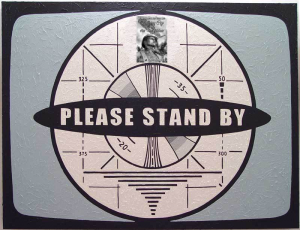

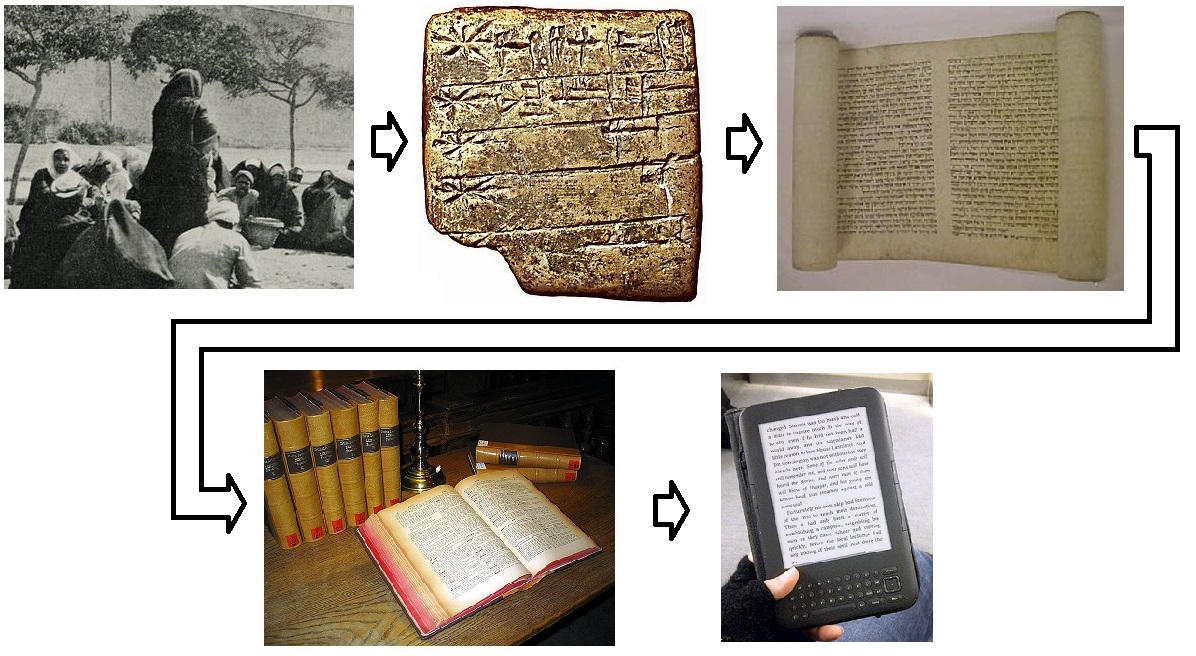
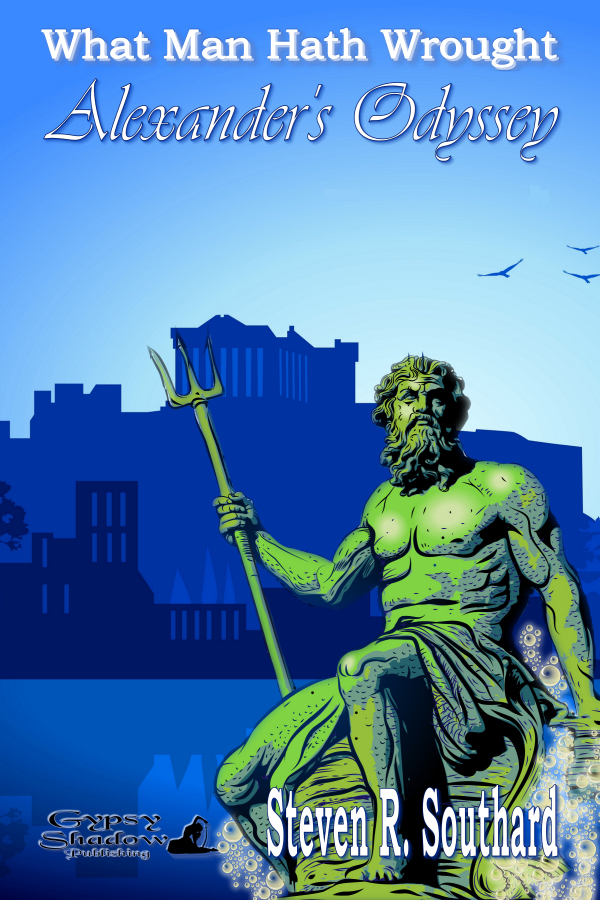

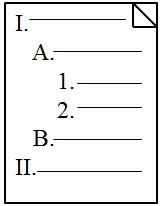


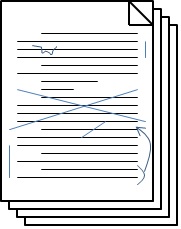

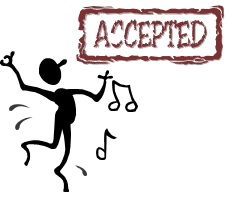
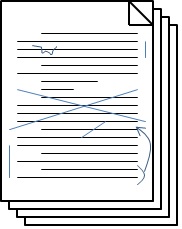



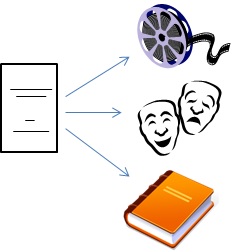
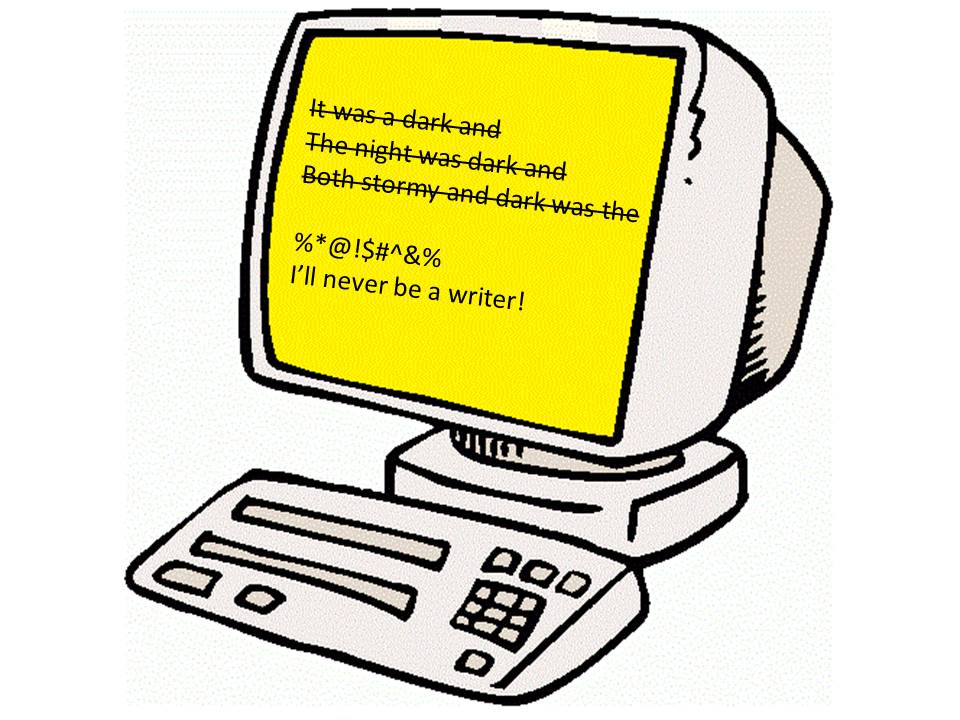
 Federmann could be played well by actor Chris Hemsworth. He’d have to speak English with a German accent, but doesn’t have to do it well, since it’s a comedy. Count Federmann is a brooding character, angry at and jealous of Baron Münchhausen. The Count is intelligent, determined, and optimistic, but lacks sense.
Federmann could be played well by actor Chris Hemsworth. He’d have to speak English with a German accent, but doesn’t have to do it well, since it’s a comedy. Count Federmann is a brooding character, angry at and jealous of Baron Münchhausen. The Count is intelligent, determined, and optimistic, but lacks sense. The Count has a young French servant named Fidèle, and I’ll select Shia LaBeouf for that role. Mr. LaBeouf would have to speak English with a French accent, but not an especially good one. Fidèle is full of life, but has the sense to fear danger, though he’s always respectful of nobility.
The Count has a young French servant named Fidèle, and I’ll select Shia LaBeouf for that role. Mr. LaBeouf would have to speak English with a French accent, but not an especially good one. Fidèle is full of life, but has the sense to fear danger, though he’s always respectful of nobility. Robin Williams. I need an older character of plain appearance who’s able to speak English with a German accent and captivate an audience with his words alone. Robin Williams played the part of the King of the Moon in the 1988 Movie “
Robin Williams. I need an older character of plain appearance who’s able to speak English with a German accent and captivate an audience with his words alone. Robin Williams played the part of the King of the Moon in the 1988 Movie “

